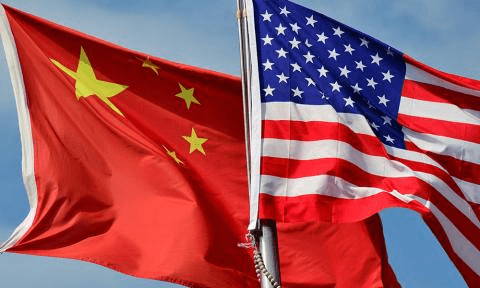World maritime trade lost momentum in 2018 as heightened uncertainty, escalating trade tensions between the US and China, and mounting concerns over other trade policy and political crosscurrents, notably a no-deal Brexit, sent waves through global markets, according to the UN Conference on Trade and Development’s (UNCTAD) Review of Maritime Transport 2019.
Volumes in the sector grew by only 2.7% last year, below the historical averages of 3% and 4.1% recorded in 2017, according to the report.
“The dip in maritime trade growth is a result of several trends including a weakening multilateral trading system and growing protectionism,” said UNCTAD Secretary-General Mukhisa Kituyi.
“It is a warning that national policies can have a negative impact on the maritime trade and development aspirations of all,” he added.
Buffeted by a global economic slowdown, in 2018, seaborne trade also navigated other difficult headwinds such as geopolitical tensions, while preparing for an expected surge in ship fuel costs arising from the IMO 2020 low sulphur fuel regulation, according to UNCTAD.
UNCTAD expects international maritime trade to expand at an average annual growth rate of 3.4% over the 2019–2024 period, driven in particular by growth in containerized, dry bulk and gas cargoes. However, uncertainty remains an overriding theme in the current maritime transport environment.
Growth in global port traffic also edged down, with container port traffic increasing by only 4.7% in 2018, from a 6.7% growth rate in 2017.
Container trade growth also weakened. In 2018 volumes only increased by 2.6%, compared with 6% in 2017. “This was matched with a sustained delivery of mega container ships, with container fleet supply capacity in 2018 increasing by 6% as compared to 4% in 2017. In an already overly supplied market, these developments further compressed freight rates in 2018,” UNCTAD noted.
Despite the setbacks, a milestone was reached, with total seaborne trade volumes amounting to 11 billion tons, UNCTAD said.
The maritime transport industry also saw a silver lining in an expanding liquefied natural gas (LNG) sector, a result of intensified pressure to promote cleaner energy sources.
Bulk carriers, oil tankers and container ships recorded the highest level of ship deliveries, with LNG carriers recording the highest growth rate at 7.25%, the report showed.
The report warns that while global growth could swing in a positive direction, given some upside factors such as China’s Belt and Road Initiative, and the various trade deals that came into force or are in the pipeline, the balance of risks to the outlook remains poor.
“Today, the maritime sector is dealing with much more than market uncertainty and short-term cyclical factors,” said Shamika N. Sirimanne, director of UNCTAD’s division on technology and logistics. “Other factors that are structural and existential, such as technological disruptions and climate change are at play and are redefining the sector.”
